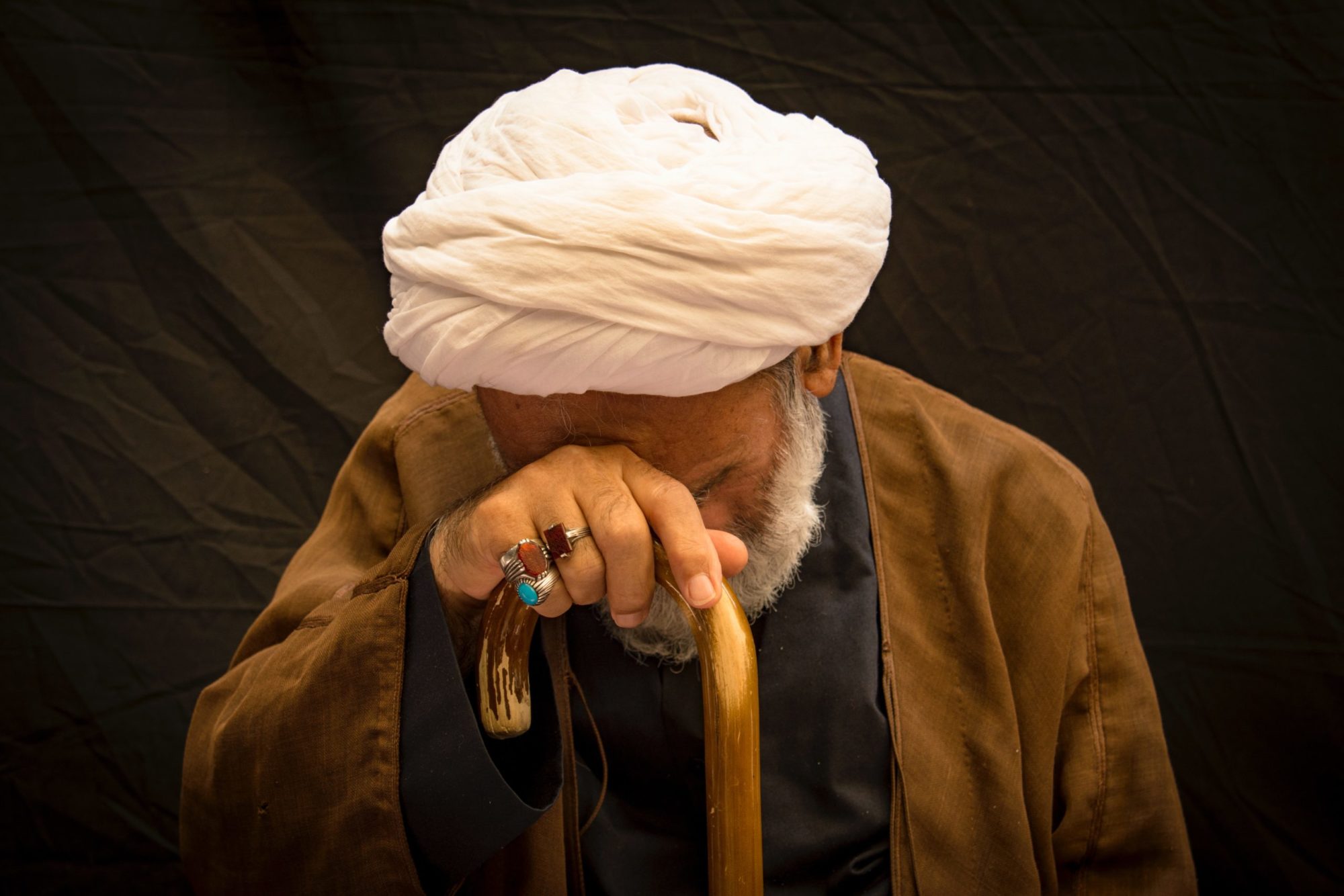As we finish the first year of the Biden administration it has become clear that targeted economic sanctions have been the president’s preferred tool to punish dictators in the hope of stifling human rights abuses. In wielding such sanctions, the administration faces the most challenging of many sanctions’ dilemmas. In pressuring for civil and political rights, coercive sanctions increasingly devastate the socio-economic rights of innocent civilians. The three ongoing fully sanctioned nations of Iran, Venezuela, and Syria exemplify this bitter irony at crisis levels. Can economic sanctions be recalibrated to constrain dictators while limiting their negative impact on the citizens we mean to protect?
The policy debates regarding this task abound. Various analysts, with ample supportive evidence, claim that targeted financial and banking sanctions are so destructive to citizen well-being that these sanctions constitute an anti-population weapon that violates international law and should be prohibited in all cases. Another view often heard from the governments that levy sanctions argues that the incompetence and brutality of the sanctioned leaders magnify civilian harm as they redirect the most devastating economic consequences of sanctions against their own citizens and usually reject remedies that might mitigate such socioeconomic disaster.
In pressuring for civil and political rights, coercive sanctions increasingly devastate the socio-economic rights of innocent civilians.
My own perspective argues that the development of targeted, smart sanctions was meant to provide decisionmakers with a menu of choices by which each coercive measure imposed derived from the severity of the international law violation or normative offense it was designed to punish. Tragically, many leaders of powerful Western nations have chosen to impose these sharpened, discrete sanctions in full combination, resulting in maximum economic pain, but with minimal attainment of stated political objectives.
Three months ago, the 2021 Department of Treasury Sanctions Review pledged that US sanctions policy would devote more attention to mitigating unintended negative humanitarian effects of sanctions. Yet, it was short on specific next steps to be taken to attain this goal. That noted, there have been some actions taken by the Office of Foreign Assets Control (OFAC) that have facilitated new processes and guidance that make delivery of humanitarian goods easier in each of these nations. And the administration has opened new relief efforts through the UN and not enforced some of the more draconian areas of the Caesar Act that complicated various relief efforts in Syria.
WHAT REVERSING SANCTIONS WILL DO
Despite these competing explanations of sanctions impact and OFAC’s new actions, there is a dire need for US decisionmakers to take new, proactive humanitarian and human rights measures in the besieged economies of the three nations most victimized by over-sanctioning. None of these measures will benefit Assad, Maduro, or Iran’s nuclear program. Rather, they will begin to remedy in meaningful ways the countless harms done to civilians.
In Syria, a workable, special financial channel for banks to facilitate humanitarian supplies and other goods is a priority. So too is expanding the list of early recovery materials needed to rebuild infrastructure. And the US should permit Syrians in exile to send remittances to families still in the country.
In Venezuela, the US should reformulate sanctions on oil exports and facilitate new trade and revenues to uplift civilians via a well-monitored “oil-for-essentials” program. Revenues earned could provide a much-needed injection of citizen purchasing power. And through offering the suspension on some sanctions this month, the US can leverage such incentives for leaders to negotiate a more viable and reformed government at a critical time.
Even with all the complicated linkages of US sanctions with Iranian nuclear development and current negotiations, Washington can still take significant rights-affirming actions. Of particular benefit to the average Iranian would be to end the stranglehold on Iran’s access to foreign exchange. So too would be facilitating repairs in Iran’s supply chains in transportation and banking access to money, medicines, and food supplies needed to carry on daily life.
That counter-productive use of sanctions in the name of human rights can be reversed. And the three most difficult cases of Venezuela, Iran, and Syria are the best areas for improvement. The US does not need to accept that economic measures imposed to restore democracy and to punish political leaders for human rights violations, must also devastate citizens’ socioeconomic rights and wellbeing. The time for recalibrating sanctions to enhance, not deteriorate, basic human rights, has arrived.
George A. Lopez is the Hesburgh Professor of Peace Studies emeritus, at the Kroc Institute of the University of Notre Dame. He writes frequently about economic sanctions.




















